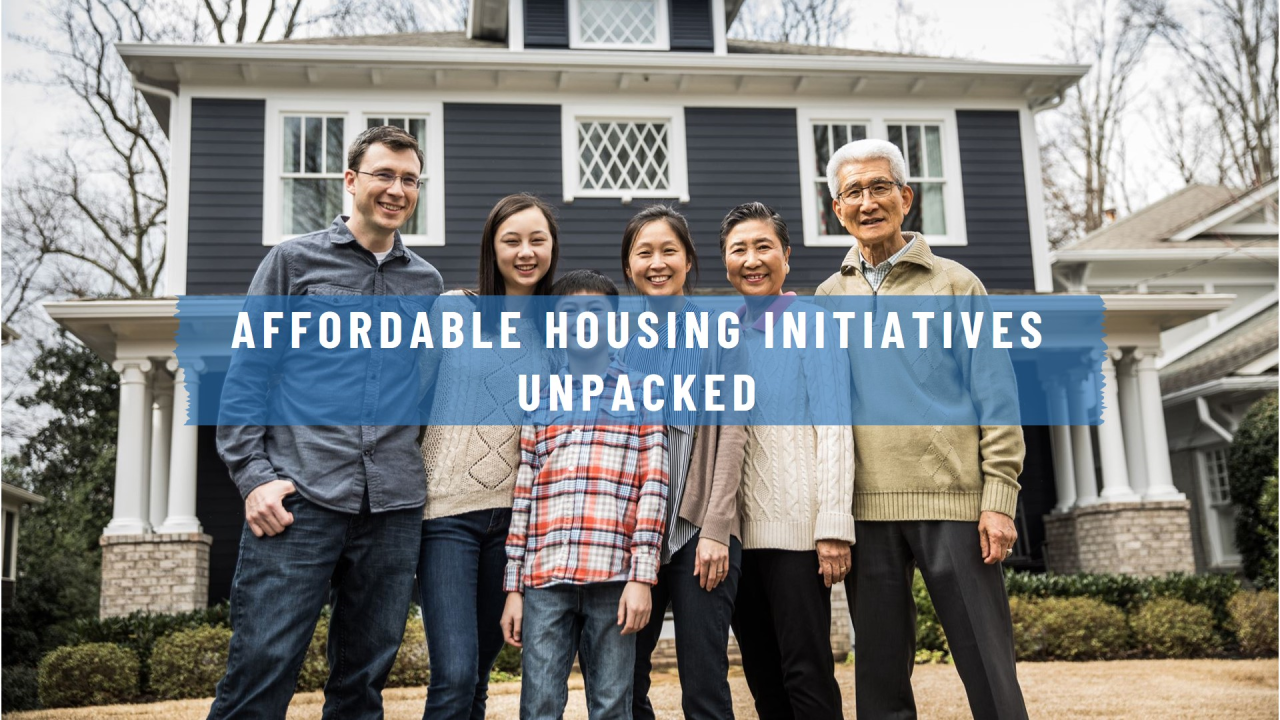Low-Income Housing with No Waiting List: A Detailed Guide to Finding Your Fast Track to Affordable Housing
The quest for affordable housing can feel like an endless marathon, especially when faced with the daunting waitlists of traditional low-income housing programs. Fear not! There are pathways to secure stable housing quicker, bypassing those lengthy wait times. This in-depth guide explores your options for low-income housing with no waiting list, equipping you with strategies and resources to accelerate your search.

Understanding Your Options: Not All Public Housing is Created Equal
- Public Housing with Short Waitlists: While some public housing programs have notoriously long waitlists, others prioritize specific populations. Veterans, families experiencing homelessness, or those displaced by disasters may qualify for expedited placement. Action Step: Contact your local Public Housing Authority (PHA) to enquire about their waitlist status and any programs with quicker placements for your situation. You can find your local PHA at https://resources.hud.gov/.
- Rental Assistance Vouchers (Section 8): This federally funded program provides vouchers to help low-income families and individuals rent apartments in the private market. While waitlists exist in many areas, some programs offer:
- Short-Term Vouchers: These vouchers may be available for a set period, potentially bridging the gap until a permanent Section 8 unit becomes available.
- Streamlined Application Processes: Certain populations facing immediate housing needs, like those fleeing domestic violence or experiencing homelessness, may qualify for expedited application processes. Action Step: Reach out to your local PHA to learn about Section 8 options in your area, inquiring specifically about short-term vouchers and expedited applications.
- Tax Credit Properties: These apartments receive tax breaks for offering affordable housing units. While income restrictions apply, waitlists for these units may be shorter compared to traditional programs. Action Step: Look for listings of tax credit properties in your area through websites like https://www.taxcreditcoalition.org/. These websites allow you to filter by location and income range, helping you target your search.
Beyond Traditional Programs: Exploring Alternative Avenues
- Local Non-Profit Organizations: Many non-profit organizations serve as valuable resources for affordable housing seekers. They often manage or partner with low-income housing providers and may have their finger on the pulse of available units with no waiting lists. Action Step: Search online and contact non-profit organizations in your area focused on housing or homelessness. Explain your situation and inquire about any immediate placement options they may offer.
- Online Resources: Websites like https://aptfinder.org/ allow you to filter searches for “no waiting list” or “immediate occupancy” options. While availability may change quickly, these websites can be a valuable starting point. Action Step: Set up alerts on these websites to be notified of new listings that meet your criteria. Be prepared to act fast when an opportunity arises.
- Emergency Shelters and Transitional Housing: These programs offer temporary relief and support while you search for more permanent housing solutions. While not ideal long-term, they can provide crucial breathing room. Action Step: Contact your local homeless shelter or transitional housing program to inquire about availability and any resources they might offer to help you find more stable housing options.
Strategies for Success: Be Prepared to Move Quickly and Meet Requirements
- Gather Documents in Advance: Proof of income, identification, and any other required documentation should be readily available to expedite the application process when you find a suitable unit.
- Income Verification: Ensure you fall within the qualifying income range for the program you’re applying to. Programs have specific income limits, so know your numbers beforehand.
- Maintain Good Credit (if applicable): While not always a requirement, having good credit can strengthen your application for some programs that utilize credit checks.
Additional Considerations: Balancing Location and Availability
- Location Flexibility: Finding low-income housing with no waiting list may require some flexibility in terms of location. Be open to considering different neighborhoods or areas with potentially higher availability.
- Unit Availability: Even programs with no waitlists may have limited unit availability, especially for larger families or those with specific needs (accessible units). Action Step: Persistence is key! Continue your search and don’t get discouraged by initial setbacks.
Remember:
Finding low-income housing with no waiting list requires a proactive approach, utilizing a combination of resources and strategies. By being prepared, adaptable, and persistent in your search, you can increase your chances of securing stable and affordable housing sooner. Don’t hesitate to reach out to local housing authorities, non-profit organizations, and utilize online resources to
Low-Income Housing with No Waiting List: Your Questions Answered
1. What are some alternatives to public housing with long waitlists?
- Public Housing with Short Waitlists: Some PHAs prioritize veterans, families experiencing homelessness, or those displaced by disasters for quicker placements.
- Rental Assistance Vouchers (Section 8): These vouchers allow renting in the private market. Some areas offer short-term vouchers or streamlined processes for specific needs.
- Tax Credit Properties: These apartments receive tax breaks for offering affordable housing, and waitlists may be shorter than traditional programs.
2. Where can I find non-traditional options for low-income housing?
- Local Non-Profit Organizations: Many manage or partner with housing providers and may have immediate placement options.
- Online Resources: Websites like AptFinder allow filtering for “no waiting list” or “immediate occupancy” listings.
- Emergency Shelters and Transitional Housing: These programs offer temporary relief while you search for permanent housing.
3. What can I do to increase my chances of getting approved quickly?
- Gather documents (proof of income, ID) beforehand.
- Ensure you meet the income requirements for the program you’re applying to.
- Maintain good credit (if applicable) as some programs use credit checks.
4. What if I’m open to different locations but need a larger unit or accessible features?
- Finding units with no waitlists may require flexibility in location.
- Unit availability, especially for larger families or those with specific needs, can be limited. Persistence is key!
5. Where can I find more resources to help me in my search?
- Your local Public Housing Authority (PHA): https://resources.hud.gov/
- National Low Income Housing Coalition (NLIHC): https://www.nlihc.org/
- HUD’s Office of Policy Development and Research: https://www.huduser.gov/
6. What financial assistance might be available to help me move into an apartment?
Some programs may offer move-in assistance to cover security deposits or other upfront costs. These programs are typically offered by local PHAs or non-profit organizations. Action Step: Inquire about move-in assistance options when applying for low-income housing programs.
7. What are some of the common application fees associated with low-income housing?
Application fees can vary depending on the program and location. Some programs may waive fees for those meeting specific income thresholds. Action Step: Ask about application fees upfront to avoid surprises during the application process.
8. How can I avoid scams when searching for low-income housing?
Be cautious of listings that seem too good to be true or require upfront payments before viewing the unit. Legitimate low-income housing programs won’t pressure you into paying before seeing the apartment. Action Step: Verify the legitimacy of any program or listing before providing personal information or money.
9. What are my rights if I feel discriminated against based on my income or source of income?
The Fair Housing Act protects against discrimination based on income source (e.g., vouchers). Action Step: If you feel you’ve been discriminated against, contact your local fair housing organization for guidance and to file a complaint if necessary. You can find a fair housing organization near you through HUD’s website: https://www.hud.gov/contact
10. What resources can help me learn more about my rights and responsibilities as a tenant?
Many non-profit organizations and government websites offer resources on tenant rights and responsibilities. Action Step: Search online for tenant rights resources in your area or inquire with your local non-profit organizations focused on housing.

![Free 5G Government Phones [How to Apply and Get] Free-5G-Government-Phones-pic](https://takeyoursurveys.com/wp-content/uploads/2024/05/Free-5G-Government-Phones-pic-150x150.jpg)




